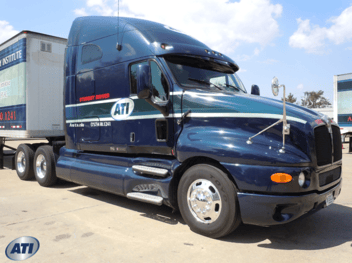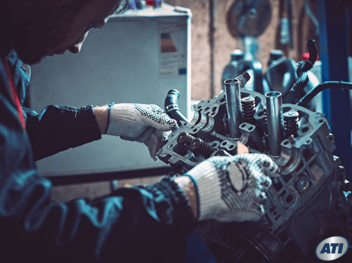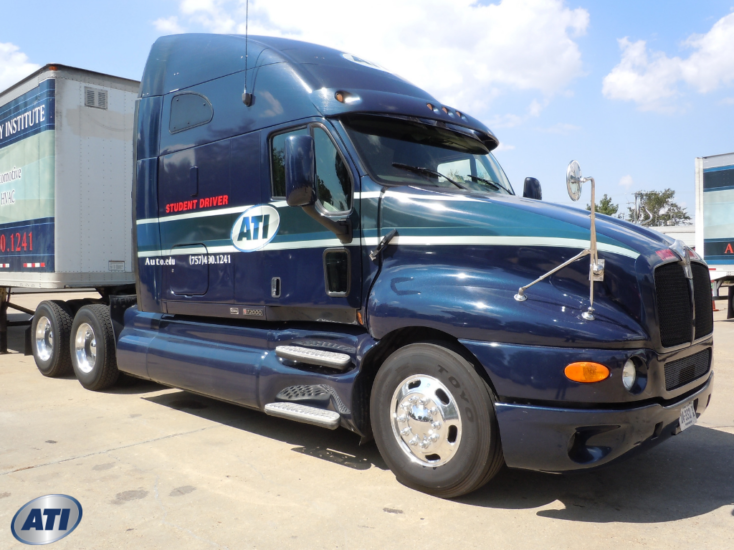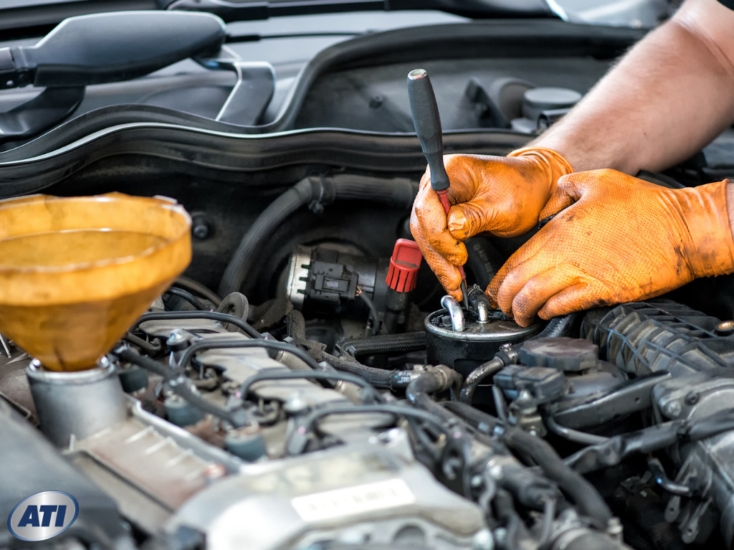Are Heavy Vehicles Difficult to Work On: What Training Will I Need?
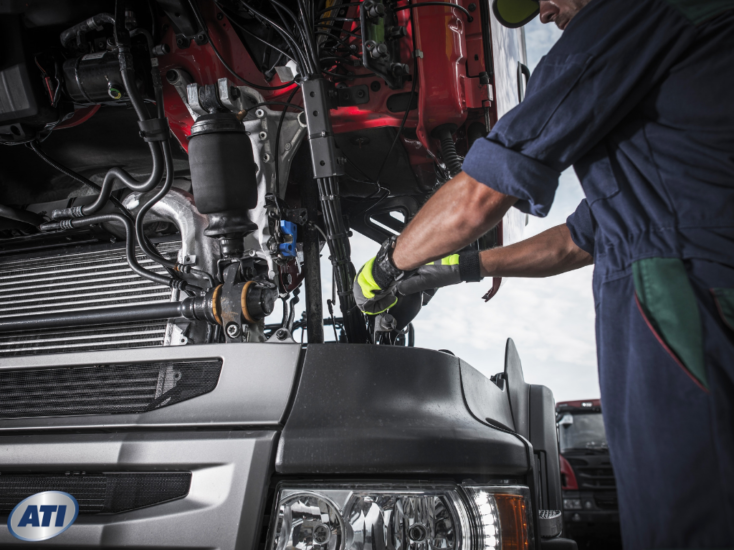
Heavy vehicles are critical to many industrial activities, including large-scale commerce, farming, construction, mining, forestry, landscaping, transportation, as well as land clearing. A heavy vehicle is defined as a vehicle that has a gross vehicle mass (weight when fully loaded) exceeding 4.5 tons.
These vehicles use diesel and need special maintenance provided by heavy vehicle technicians to ensure optimal performance and safety. Heavy vehicle techs repair and maintain engines, electrical systems, transmissions, and hydraulic systems of such vehicles, which requires particular knowledge or the makes, models, and the right techniques necessary to repair, install, and maintain them. The work of heavy vehicle technicians may extend to diesel-based motor vehicles and non-heavy machines.
Heavy vehicle technicians may work for firms with fleets of trucks, truck dealers, or companies that depend on heavy vehicles for their operations. Some examples of common heavy vehicles a tech might work on during their career include:
- Freight-carrying vehicles (road trains, trucks, B-doubles, B-triples), vehicle carriers, buses, Performance-Based Standards (PBS) vehicles, and livestock vehicles.
- Farm equipment, such as harvesters, tractors, plows, conveyers, and augers.
- Construction equipment, such as cranes, excavators, loaders, bulldozers, graders, and excavators used to dig earth, lift beams, till land, and haul materials.
- Railroad locomotives and subway cars.
- Special purpose vehicles and oversize/over mass vehicles.
How Can Formal Training and a Degree Help You to Be Better Prepared?
If you’re hoping to stand out in your job search, having a degree on your resume could significantly improve your chances of getting a good job. Many heavy vehicle techs begin their careers through on-the-job training or apprenticeship program.
While these can be effective in building up your skills, it isn’t always the best choice, especially because your learning will be focused on your employer’s business needs. Formal training and a degree on your resume validates your skills and shows that you have a well-rounded, deep understanding of heavy vehicle technology.
Formal education equips learners with the knowledge and experience necessary to perform their tasks. One major quality of a heavy vehicle technician is superior diagnostic skills. Employers want someone who can quickly work on heavy equipment because downtime means loss of dollars.
Great technicians should be able to effectively and efficiently figure out what the problem is and fix the issues as quickly as possible. Most heavy vehicles have complex systems and the technology used in diagnostics and repairs is constantly changing. With formal education, you’ll know you’re your way around the toolbox and have an understanding of the latest technologies and techniques to solve problems.
Another important benefit of formal education in-depth knowledge. Instead of just being taught how to do something, you will learn why it’s important to handle certain tasks in a certain way. This will help you be consistent in delivering high-quality results throughout your career.
As the list above shows, you need to be adequately prepared to repair and maintain an enormous number of heavy vehicles which typically operate in harsh conditions. Formal training is your best bet at ensuring that you’re well prepared to work in any condition and at odd hours.
What Are the Benefits to Accelerated Education?
An accelerated degree program is a non-traditional course of study that allows students to obtain a degree in a shortened period of time, usually as little as half when compared to traditional degree programs. The goal of accelerated education is to help students jumpstart their careers and get to work as quickly as possible. Other benefits of an accelerated college schedule include:
Saves You Time: Unlike most traditional degree programs, which are structured according to semesters, with lengthy breaks in between, accelerated degree programs usually use a shorter period, such as quarters or terms. In addition, courses in accelerated programs run continuously without lengthy breaks.
This allows students to learn as much as they would in a conventional program in a significantly shorter amount of time. For instance, a recent high school graduate on taking an accelerated degree could earn their degree and land a job by the time their peers in a traditional degree program are halfway through. This can be enormously helpful for a career-driven student who wants to graduate and enter the workforce sooner.
Climb the Ladder Faster: Entering the workforce sooner allows you to start earning earlier and gives you a competitive edge when looking for a job. An accelerated degree is also helpful for individuals who are already working but want to advance at work. Rather than putting your job on hold and stretch out how soon you can climb the ladder. So, if you’re not going for the “traditional college experience,” the quick-paced learning could be worth considering.
Ready to Get Started Today?
If you’re interested in a career in heavy vehicle repair and maintenance, Advanced Technology Institute might be just the right place to earn an Associate of Occupational Science Degree in Heavy Vehicle Technology, which is offered at an accelerated pace. Contact us today to learn more about this exciting program.
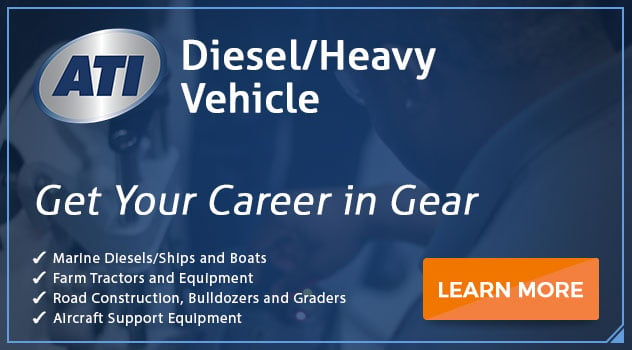
Industry Knowledge
Welcome to the Advanced Technology Institute's Blog, your resource for industry insights and discussions on technologies shaping the future of automotive, heavy vehicle, hvac, welding, and other related career paths.
Explore how ATI's curriculum and hands-on learning opportunities can propel your career in the tech-driven world.
